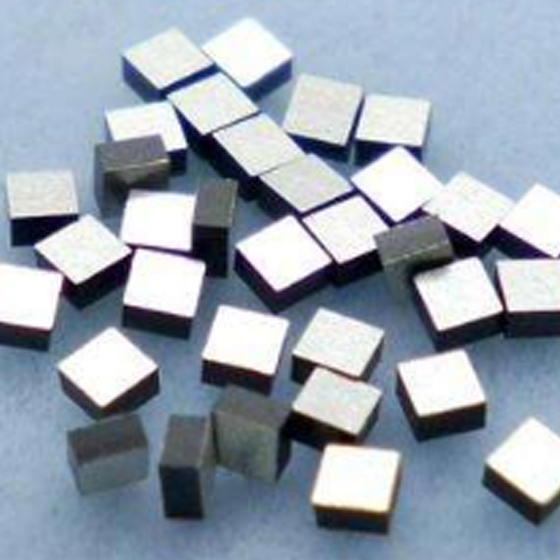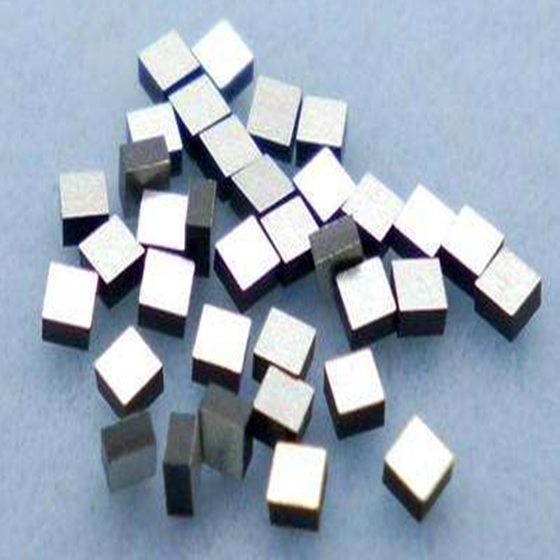Did you know that NTC thermistor chips are pivotal in ensuring the efficiency and reliability of modern electronic devices? These small but mighty components are essential for temperature measurement and control, making them indispensable in various industries. This article explores the applications and benefits of NTC thermistor chips, highlighting their critical role in today's technology.
What are NTC Thermistor Chips?
NTC (Negative Temperature Coefficient) thermistor chips are thermally sensitive resistors whose resistance decreases as the temperature increases. They are primarily composed of metal oxides such as manganese, nickel, or copper, which are pressed into thin wafers and sintered at high temperatures. This process results in highly sensitive and stable components suitable for a wide range of applications.
Applications of NTC Thermistor Chips
1. Temperature Measurement and Control
NTC thermistor chips are widely used for precise temperature measurement and control. Their high sensitivity and fast response time make them ideal for applications such as:
- HVAC Systems: Ensuring efficient heating, ventilation, and air conditioning by accurately monitoring and regulating temperatures.
- Medical Devices: Providing precise temperature readings in critical equipment like incubators and dialysis machines.
- Automotive Industry: Monitoring engine and battery temperatures to prevent overheating and ensure optimal performance.
2. Consumer Electronics
In consumer electronics, NTC thermistor chips play a crucial role in maintaining device safety and performance. They are commonly found in:
- Smartphones and Laptops: Protecting batteries from overheating by monitoring and controlling temperature.
- Home Appliances: Ensuring safe operation of devices like refrigerators, ovens, and washing machines by maintaining proper temperature levels.
3. Industrial Applications
NTC thermistor chips are also essential in various industrial applications, including:
- IoT Devices: Providing accurate temperature sensing in smart home systems and industrial automation.
- Energy Storage Systems: Monitoring and managing temperatures in battery storage systems to enhance safety and efficiency.
- Process Control: Ensuring precise temperature control in manufacturing processes, such as chemical production and food processing.
Benefits of NTC Thermistor Chips
1. High Sensitivity and Accuracy
NTC thermistor chips offer exceptional sensitivity and accuracy, making them ideal for applications requiring precise temperature measurements. Their ability to detect minute temperature changes ensures reliable performance in critical systems.
2. Cost-Effectiveness
Compared to other temperature sensors, NTC thermistor chips are cost-effective solutions. Their small size and ease of production make them an economical choice for various applications, from consumer electronics to industrial systems.
3. Durability and Stability
NTC thermistor chips are known for their durability and long-term stability. They can withstand harsh environmental conditions and maintain their performance over extended periods, making them suitable for demanding applications.
4. Versatility
The versatility of NTC thermistor chips allows them to be used in a wide range of applications. Their ability to operate over a broad temperature range and their compatibility with different systems make them highly adaptable components.
How to Choose the Right NTC Thermistor Chip
When selecting an NTC thermistor chip for your application, consider the following factors:
Resistance Value: Choose a chip with the appropriate resistance value for your specific temperature range.
Tolerance: Ensure the chip meets the required tolerance levels for accurate temperature measurement.
Thermal Time Constant: Select a chip with a suitable thermal time constant to match the response time needed for your application.
Power Dissipation: Consider the power dissipation capabilities to ensure the chip can handle the expected thermal load.
Conclusion
NTC thermistor chips are indispensable components in modern electronics, offering high sensitivity, accuracy, and versatility. Their applications span various industries, from consumer electronics and automotive to industrial systems and IoT devices. By understanding their benefits and selecting the right chip for your needs, you can enhance the performance and reliability of your temperature-sensitive applications.








